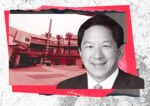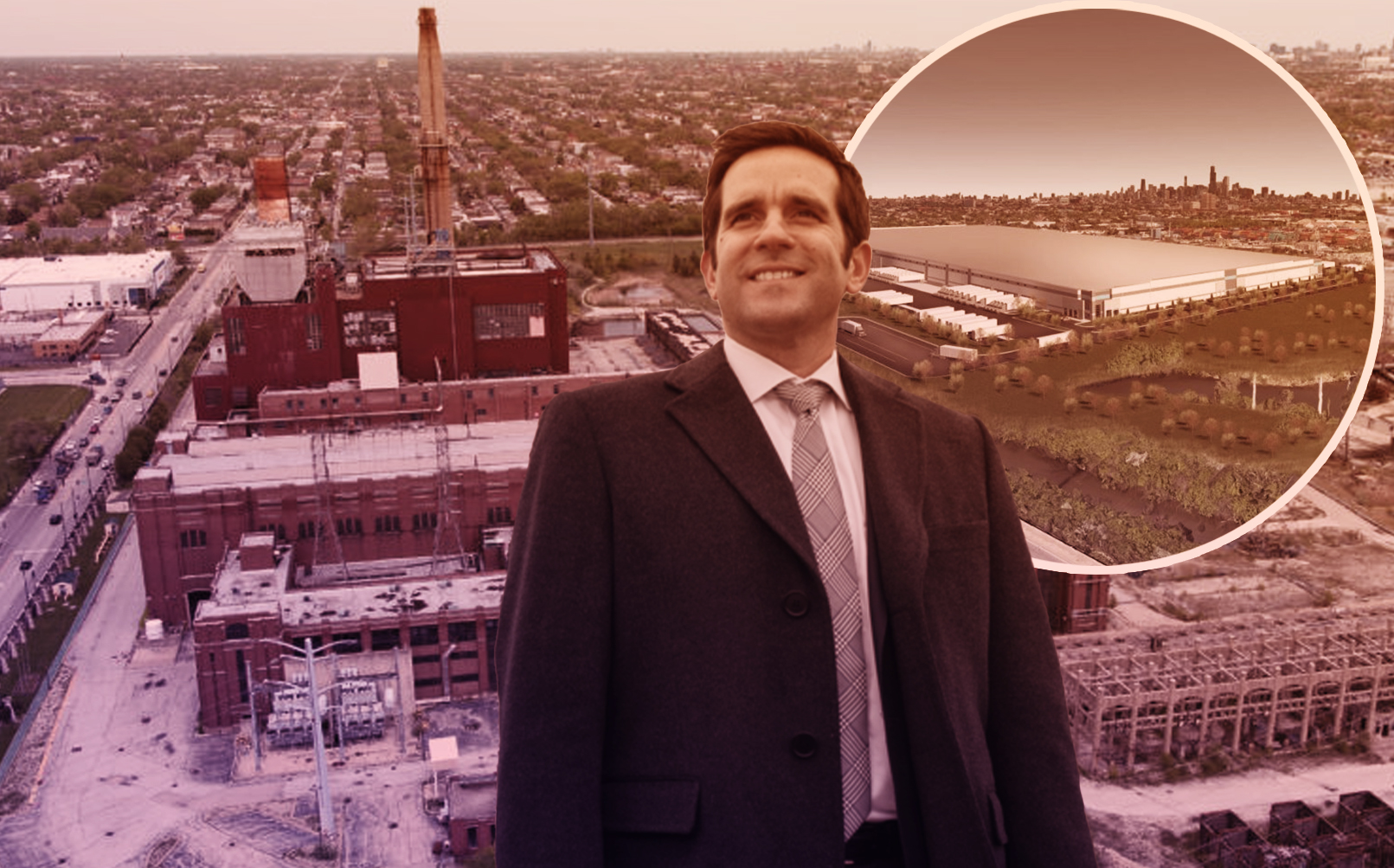Trending
 “Investing before the ‘all clear’ sign”: Jon Gray on Blackstone’s $10B apartment deal
“Investing before the ‘all clear’ sign”: Jon Gray on Blackstone’s $10B apartment deal Lawmakers reach sweeping housing deal with “good cause eviction,” new 421a
Lawmakers reach sweeping housing deal with “good cause eviction,” new 421a Macerich faces “imminent” default on $300M Santa Monica Place loan
Macerich faces “imminent” default on $300M Santa Monica Place loan Tony Park and Elad Dror take a gamble on Koreatown office-to-resi conversion
Tony Park and Elad Dror take a gamble on Koreatown office-to-resi conversionCity officials in uproar over developer’s demolition dust cloud
Lightfoot said she’s ordered a cleanup and investigation of Hilco’s Crawford Power Plant demolition, which left Little Village covered in dust

Mayor Lori Lightfoot and numerous aldermen are incensed with a local developer over a demolition job that blanketed Little Village in dust this past weekend.
On Saturday night, Lightfoot said the city issued a stop-work order to Northbrook-based Hilco Redevelopment Partners after the latest stage of demolition at the former Crawford Power Generating Station resulted in a layer of dust across the neighborhood Saturday morning. Hilco intends to build a massive warehouse on the site.
Lightfoot also initiated an investigation into the city’s regulatory approval process and ordered the company, an affiliate of Hilco Global, to conduct a full cleanup and dust removal.
Before the demolition, Hilco allegedly told city officials that the dust would be contained to the site. The company also said it would mail residents to inform them of the demolition, Alderman Michael Rodriguez told the Chicago Sun-Times. It didn’t happen, he said.
“At this point, I wish I had communicated it to residents, and I did not. And for that I am very sorry,” Rodriguez said, according to the Sun-Times.
Rodriguez said he’s concerned that the dust cloud will exacerbate the coronavirus situation.
Hilco’s plan is to demolish the shuttered power plant and finish remediation of the 70-acre site. Afterward, it would construct what it claims would be the largest available warehouse space in Chicago, at about 1 million square feet. Hilco has branded the Chicago project “Exchange 55,” and said it will cost about $100 million.
Hilco in 2017 spent $12 million to buy the plant, which was shut down in 2012 after years of pressure from environmentalists. The firm received a $20 million tax break on the project, and secured a $153 million construction loan from Pacific Coast Partners in July.
Hilco has undertaken similar industrial projects in other cities, such as the former Bethlehem Steel plant in Baltimore, which is now leased to Amazon, FedEx and UnderArmour.
In a statement issued late Sunday afternoon, Hilco’s CEO Roberto Perez said, “We are working cooperatively with the City of Chicago to review yesterday’s demolition event undertaken by our contractor. We are sensitive to the concerns of the community, and we will continue to work in full cooperation.” [Sun-Times] — James Kleimann
